Intellias: Disaster recovery during Russia's war on Ukraine
The Ukrainian IT services firm is among many businesses to have battled on despite facing the horrors of war
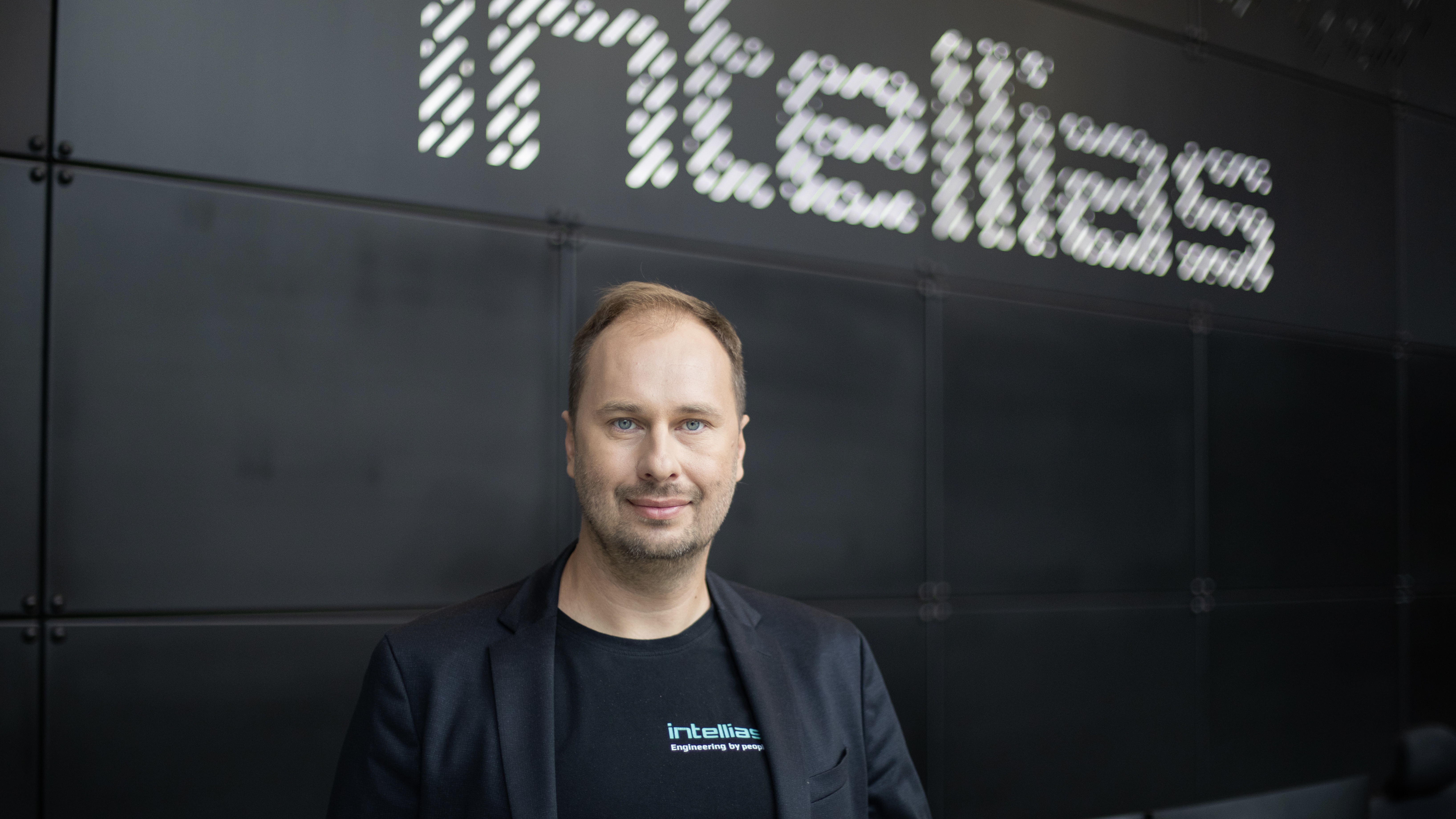

For many firms, disaster recovery and business continuity mainly involve how to continue functioning after, say, a data centre has flooded, or a JCB digger has accidentally cut all the phone and data cables to an office. It could even involve something as disastrous as a terrorist incident in a city – meaning workers have to work elsewhere for a while until normality returns. But how does a company, with people and offices scattered throughout a country, carry on when it's been invaded by a belligerent neighbour?
This is exactly the challenge IT services and consultancy firm Intellias faced last year. Based in Lviv, western Ukraine, the company has 3,000 employees scattered in its home country. It was founded in 2002 by Michael Puzrakov, the company’s managing director, and Vitaliy Sedler, its CEO, and has evolved into a global firm that provides software engineering services in industries such as transportation, financial services, telecommunications, retail, and energy.
On 24 February last year, Putin’s tanks rolled into Ukraine after Russia had built up a large military presence on the border. When the war began, like many other Ukrainian companies, Intellias couldn’t just stop everything and wait for the war to finish; it had to keep going, and continue serving its customers – many of which formed vital layers of Ukraine’s critical national infrastructure (CNI).
When the first rockets struck
Sedler admits that, prior to 2014, business continuity and disaster recovery plans with regards to any war were far more theoretical for the company. There were plans in place, he tells IT Pro, but no expectation the worst would actually happen. Then, Russia annexed Crimea and the Donbas, and what was once a formality began to turn into something frighteningly realistic.
“For that reason, we came up with detailed plans of what we would do in different scenarios,” says Sedler. “At that point in time we didn’t have to execute any plans. It was closer to a ‘business as usual’ situation. But, in 2020, there was a moment of truth in the nation. Russian soldiers gathered at the borders. The plans we had, we needed to take them and make them much more detailed – make it really well planned.”
Sedler says they worked on a couple of scenarios from minor military activity in the east of Ukraine all the way to an invasion. Although they were “prepared for all scenarios”, neither Sedler nor Puzrakov thought a full-scale war as we have witnessed it was on the cards.
When the first rockets struck at roughly 5am on 24 February, Sedler took a call from one of his directors in charge of the response team. It was clear the war had started. At 5:30am, Sedler said “we need to do something”. It took three to four hours to begin executing their plans. By 9am, the right people and processes were in place.
ChannelPro Newsletter
Stay up to date with the latest Channel industry news and analysis with our twice-weekly newsletter
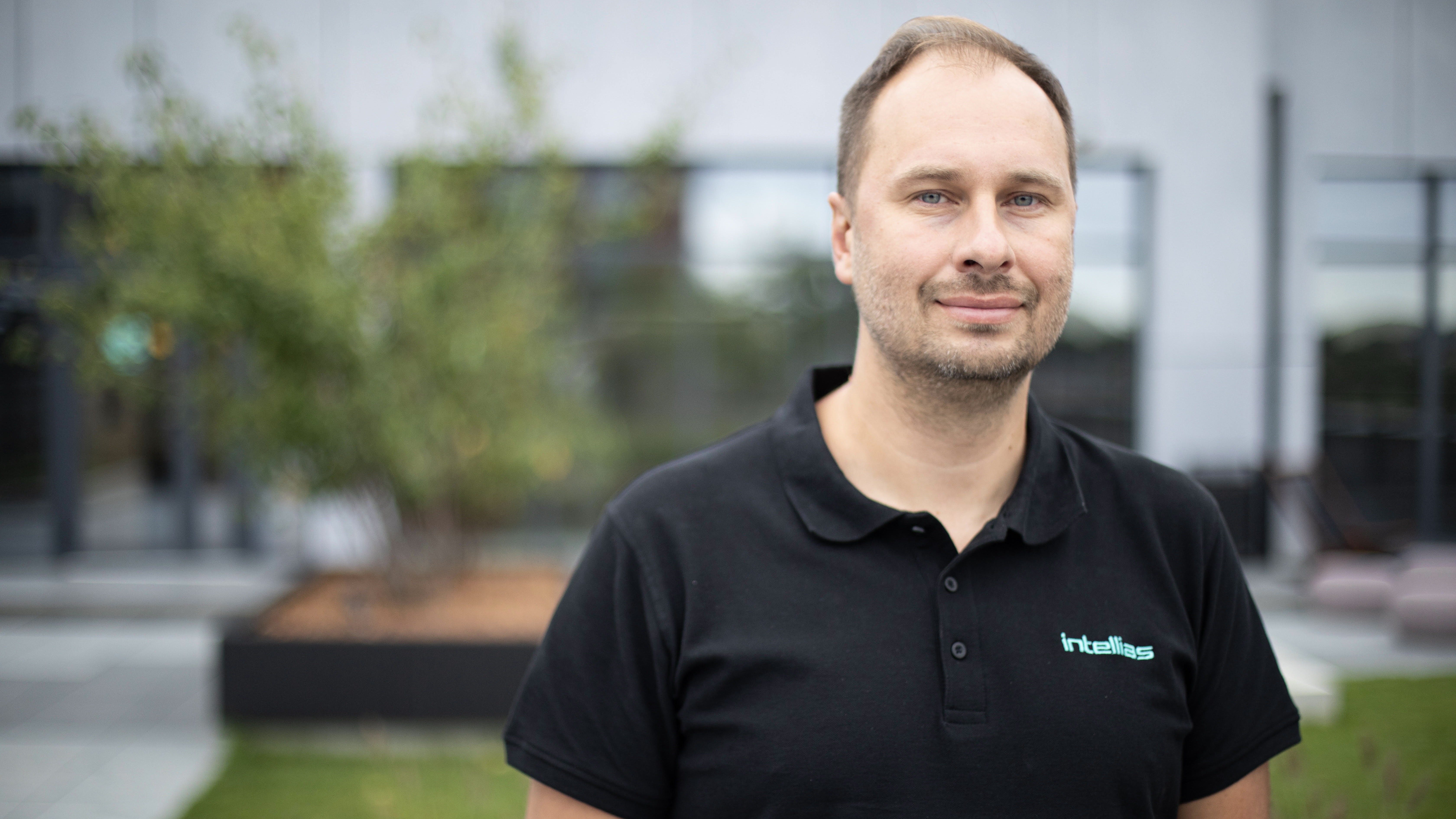
Vitaly Sedler (pictured) founded the company with Michael Puzrakov in 2002
Within a couple of weeks, they moved roughly 1,300 people from southern and eastern Ukraine, where the majority of the early violence was felt, to western Ukraine. The company, at this point, had two priorities: the first was the safety of staff and their family members, and the second was continuous delivery. It was important to deliver to clients because the firm understood if they stopped everything, the trust they’d built over years would be severely strained. Impressively, the plan to continue business processes and restore operations took two weeks to get back to almost 100%.
Migrating to the cloud, and far away from Ukraine
Intellias had since 2014 to draw up detailed plans of what to do should Russia invade the country, as suggested previously. One of the key actions the company took to mitigate the effects of any future war, Sedler reveals, was to move as much of its IT infrastructure into the cloud, and as much of it outside Ukraine, as possible.
The second part of this strategy revolved around the location of hardware. Many of Intellias' clients are in the automotive industry, meaning the company handled car parts and units for which they developed software. These had to be relocated away from potential war zones.
RELATED RESOURCE
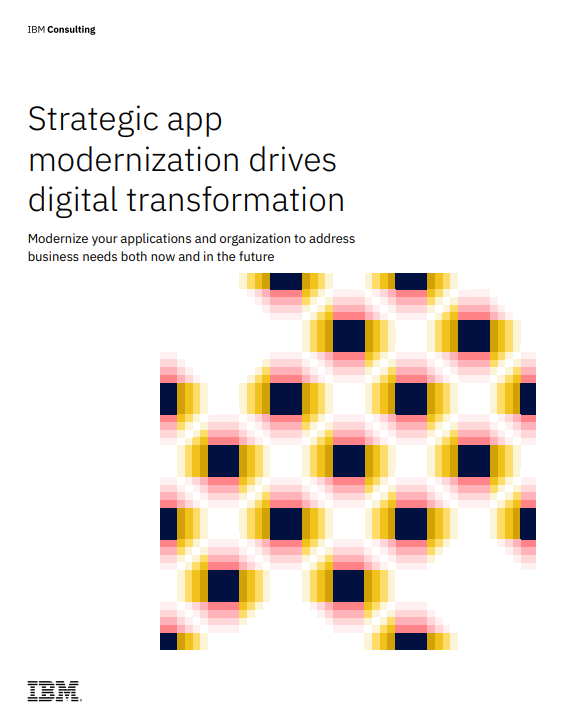
Strategic app modernisation drives digital transformation
Address business needs both now and in the future
The plans also involved setting up emergency teams in different locations with different responsibilities, such as teams that would put people onto buses to get away from the conflict. Other employees would work in communications teams to maintain contact with other employees and clients during any war. Sedler says it was crucial to develop the management team so they could organise the plan very quickly in the event of any conflict.
It was also important to open several channels of communication, and not rely on just one. In the first few days of the war, for instance, colleagues used both email and Microsoft Teams to post updates and check for news from other colleagues.
Over recent weeks, communication has become critical again due to Russian attacks on energy infrastructure. “Just to give you an example, every morning at 8am I receive an SMS about what is happening in our offices, whether things are up and running,” says Sedler, “so all people understand if anything happens, they can come to the office and have guaranteed power supply and internet connection.”
Putting people first in the face of conflict
Even in the worst possible circumstances, there are lessons to be learnt from the experience of trying to keep a company online during a war.
Sedler says Intellias managed to continue because it was more of a people-centric company than one solely focused on profit. Rather than solely caring about growth metrics, the people-first mindset framed its disaster recovery plans.

Intellias prides itself on being a people-centric company, and factored employee wellbeing into any disaster recovery plans as a priority
In practice, this meant the company helped people to get away from the most dangerous areas highly efficiently. Intellias even helped moved employees’ cats, dogs and other pets. In turn, it meant there was, and continues to be, extremely high employee commitment.
For Ukrainian businesses such as his to carry on, Sedler continues, the wider commitment across the population to support Ukraine and its business ecosystem must not falter. “It’s important to work with Ukrainian businesses so the money can come in to pay taxes and pay salaries. This is very helpful.”
Rene Millman is a freelance writer and broadcaster who covers cybersecurity, AI, IoT, and the cloud. He also works as a contributing analyst at GigaOm and has previously worked as an analyst for Gartner covering the infrastructure market. He has made numerous television appearances to give his views and expertise on technology trends and companies that affect and shape our lives. You can follow Rene Millman on Twitter.
-
 Asus ZenScreen Fold OLED MQ17QH review
Asus ZenScreen Fold OLED MQ17QH reviewReviews A stunning foldable 17.3in OLED display – but it's too expensive to be anything more than a thrilling tech demo
By Sasha Muller
-
 How the UK MoJ achieved secure networks for prisons and offices with Palo Alto Networks
How the UK MoJ achieved secure networks for prisons and offices with Palo Alto NetworksCase study Adopting zero trust is a necessity when your own users are trying to launch cyber attacks
By Rory Bathgate
-
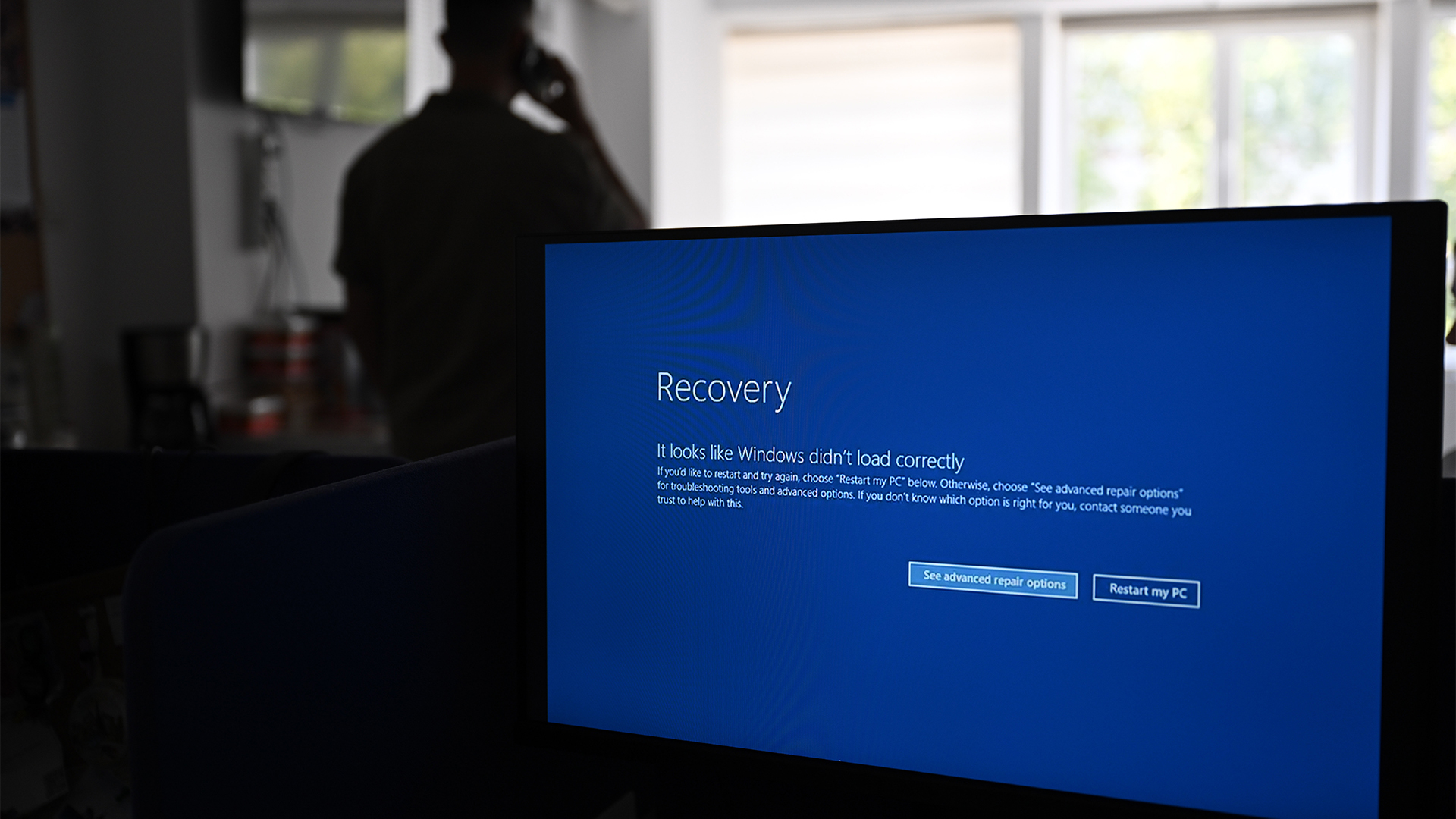 It's been two weeks since CrowdStrike caused a global IT outage – what lessons should we learn?
It's been two weeks since CrowdStrike caused a global IT outage – what lessons should we learn?Opinion The incident on 19 July was possibly the biggest IT outage to date
By Stephen Pritchard
-
 Game-changing data security in seconds
Game-changing data security in secondswhitepaper Lepide’s real-time in-browser demo
By ITPro
-
 Unlocking the opportunities of open banking and beyond
Unlocking the opportunities of open banking and beyondwhitepaper The state of play, the direction of travel, and best practices from around the world
By ITPro
-
 Accelerated, gen AI powered mainframe app modernization with IBM watsonx code assistant for Z
Accelerated, gen AI powered mainframe app modernization with IBM watsonx code assistant for Zwhitepaper Many top enterprises run workloads on IBM Z
By ITPro
-
 Magic quadrant for finance and accounting business process outsourcing 2024
Magic quadrant for finance and accounting business process outsourcing 2024whitepaper Evaluate BPO providers’ ability to reduce costs
By ITPro
-
 Let’s rethink the recruiting process
Let’s rethink the recruiting processwhitepaper If you designed your recruiting process for a new company, what would you automate to attract and hire the best talent?
By ITPro
-
 The power of AI & automation: Productivity and agility
The power of AI & automation: Productivity and agilitywhitepaper To perform at its peak, automation requires incessant data from across the organization and partner ecosystem.
By ITPro
-
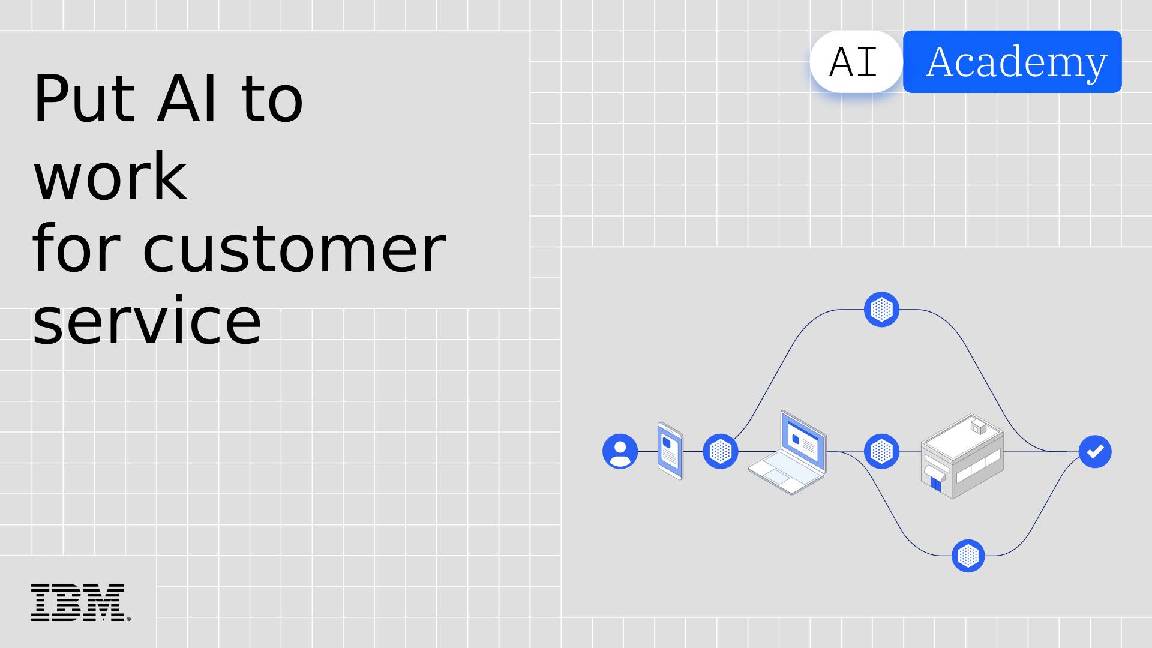 AI academy: Put AI to work for customer service
AI academy: Put AI to work for customer servicewhitepaper Why AI is essential to transforming customer service
By ITPro